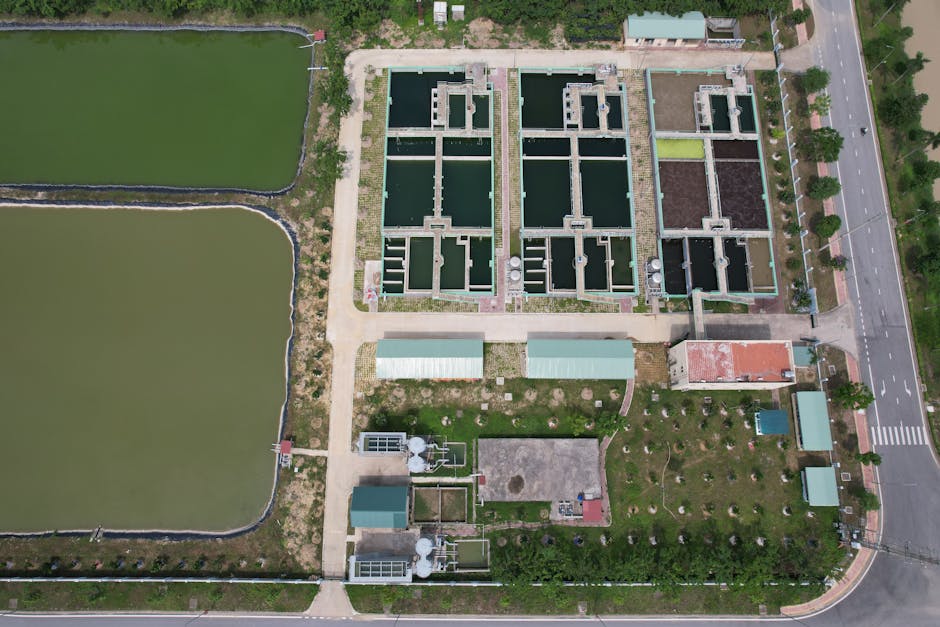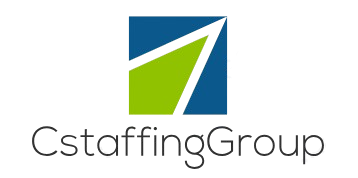Unlocking the Power of CRM for Donor Management
Imagine a world where non-profit organizations can easily connect with their donors, manage relationships effectively, and maximize their fundraising efforts. This is where Customer Relationship Management (CRM) systems come into play. CRM tools are not just for businesses; they can also revolutionize the way non-profits interact with their donors. In this article, we will delve deep into the world of utilizing CRM for donor management, exploring its benefits, challenges, and best practices.
The Evolution of Donor Management

Donor management has come a long way from spreadsheets and handwritten notes. In the past, non-profits struggled to keep track of donor information, interactions, and contributions. This often led to missed opportunities and inefficient fundraising efforts. However, with the advent of CRM systems specifically designed for non-profits, organizations now have powerful tools at their disposal to streamline their donor management processes.
CRM systems enable non-profits to centralize donor data, track interactions, segment donors based on various criteria, and personalize communication. By leveraging CRM technology, organizations can build stronger relationships with their donors, increase donor retention rates, and ultimately raise more funds for their cause.
The Benefits of Utilizing CRM for Donor Management

There are numerous benefits to utilizing CRM for donor management. Let’s explore some of the key advantages:
1. Improved Donor Relationship Management
CRM systems allow non-profits to track every interaction with donors, from emails and phone calls to donations and event attendance. This comprehensive view of donor engagement enables organizations to personalize their communication, send targeted appeals, and build stronger relationships with their supporters.
2. Enhanced Donor Segmentation
CRM systems enable non-profits to segment their donors based on various criteria such as donation history, engagement level, and interests. By segmenting donors, organizations can send more relevant and targeted messages, increasing the likelihood of donor engagement and support.
3. Increased Fundraising Efficiency
By centralizing donor data and tracking interactions, CRM systems help non-profits identify high-potential donors, prioritize fundraising efforts, and measure the effectiveness of fundraising campaigns. This data-driven approach to fundraising can lead to increased efficiency and higher fundraising yields.
4. Enhanced Reporting and Analysis
CRM systems provide non-profits with robust reporting and analytics capabilities, allowing organizations to track key performance indicators, measure the impact of fundraising efforts, and make data-driven decisions. By leveraging data insights, non-profits can optimize their fundraising strategies and achieve better results.
Challenges of Utilizing CRM for Donor Management

While the benefits of utilizing CRM for donor management are significant, there are also challenges that non-profits may encounter when implementing CRM systems. It’s important to be aware of these challenges and take steps to overcome them:
1. Data Quality and Integration
One of the biggest challenges of CRM implementation is ensuring data quality and integration. Non-profits may have data stored in various systems that need to be consolidated into the CRM system. It’s essential to clean and standardize data to ensure accuracy and consistency across the organization.
2. User Adoption
Another common challenge is user adoption. Non-profits must train their staff on how to use the CRM system effectively and encourage adoption throughout the organization. Without proper training and support, staff may resist using the CRM system, leading to underutilization of the technology.
3. Cost and Resource Constraints
Implementing a CRM system can be costly, especially for small non-profits with limited resources. Organizations must consider the upfront costs of the CRM system, as well as ongoing maintenance and support costs. It’s important to weigh the benefits of the CRM system against the costs and ensure that the technology aligns with the organization’s budget and goals.
4. Privacy and Data Security
Non-profits must prioritize data privacy and security when implementing a CRM system. Donor data is sensitive and must be protected from unauthorized access or breaches. Organizations should implement robust security measures, such as encryption and access controls, to safeguard donor information and maintain donor trust.
Best Practices for Utilizing CRM for Donor Management

To maximize the benefits of CRM for donor management and overcome the challenges, non-profits should follow best practices when implementing and using CRM systems:
1. Define Clear Goals and Objectives
Before implementing a CRM system, non-profits should define clear goals and objectives for donor management. What do you want to achieve with the CRM system? How will you measure success? By setting specific goals, organizations can align their CRM strategy with their fundraising objectives and track progress over time.
2. Invest in Training and Support
Training and support are key to successful CRM implementation. Non-profits should provide comprehensive training to staff on how to use the CRM system effectively. In addition, organizations should offer ongoing support to address any issues or questions that arise. By investing in training and support, non-profits can ensure that staff are empowered to use the CRM system to its full potential.
3. Regularly Update and Cleanse Data
Data quality is essential for effective donor management. Non-profits should regularly update and cleanse data in the CRM system to ensure accuracy and consistency. By maintaining clean and up-to-date data, organizations can make informed decisions, personalize communication, and improve donor relationships.
4. Customize Communication and Appeals
Personalization is key to engaging donors and building relationships. Non-profits should use the data in the CRM system to customize communication and appeals based on donor preferences, interests, and giving history. By sending personalized messages, organizations can increase donor engagement and support.
Future Implications of Utilizing CRM for Donor Management
The future of donor management lies in leveraging technology to build stronger relationships with donors, increase fundraising efficiency, and drive impact. As CRM systems continue to evolve and become more sophisticated, non-profits have an opportunity to harness the power of data to better understand their donors, target their fundraising efforts, and measure their impact.
By embracing CRM technology and best practices, non-profits can position themselves for long-term success and sustainability. The use of CRM for donor management is not just a trend; it’s a strategic imperative for organizations looking to thrive in an increasingly competitive fundraising landscape.
To Wrap Things Up
Utilizing CRM for donor management is a game-changer for non-profits seeking to optimize their fundraising efforts, build stronger relationships with donors, and drive impact. By leveraging CRM technology, organizations can streamline their donor management processes, personalize communication, and measure the effectiveness of their fundraising campaigns. While there are challenges to overcome, the benefits of CRM for donor management far outweigh the costs. As technology continues to advance, non-profits have an opportunity to innovate and transform the way they engage with donors. The future of donor management is bright, and CRM systems are at the forefront of this exciting evolution.




